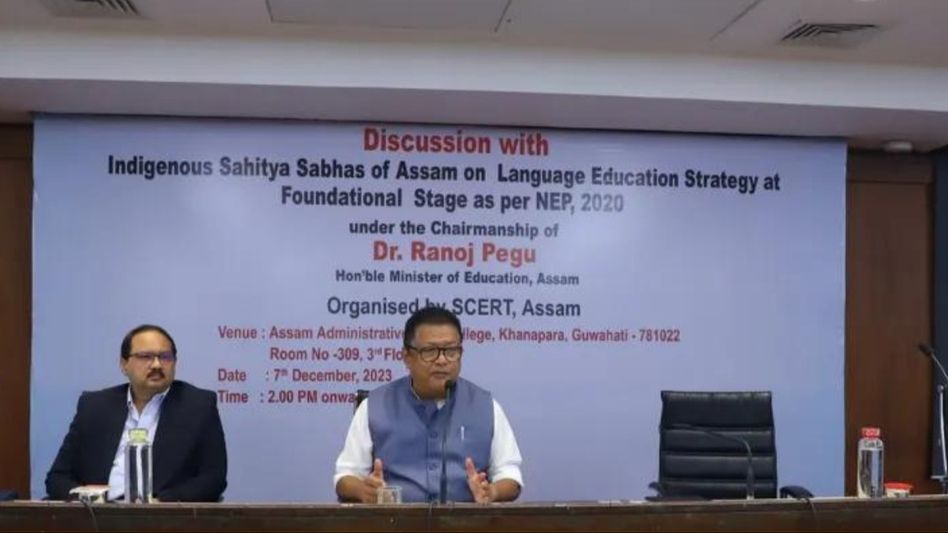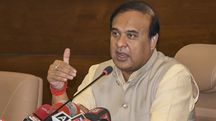Assam government to introduce school textbooks in tribal languages
The Assam government has embarked on a significant educational reform by deciding to introduce tribal languages into the basic education curriculum.

The Assam government, under the leadership of state education minister Ranoj Pegu, has embarked on a significant educational reform by deciding to introduce tribal languages into the basic education curriculum.
This initiative is set to commence with the upcoming school session and aims to provide textbooks in various tribal languages such as Mising, Deuri, Dimasa, Tiwa, and others.
The State Council of Educational Research and Training (SCERT) has been tasked with supplying these textbooks.
This multilingual approach aligns with the National Education Policy (NEP) 2020, which advocates for primary education to begin in the students' mother tongues before transitioning to regional or English languages at the secondary school level.
The decision was made after discussions with linguistic organizations representing various communities, including Mising, Rabha, Tiwa, Deuri, Karbi, Dimasa, Hmar, and Garo.
Also Read: Assam: Furore after school headmistress allegedly tells students to consume rice with insects
The introduction of tribal language textbooks is a strategic move to preserve the rich linguistic diversity of Assam, which is home to numerous tribes and languages, and to enhance the educational experience for tribal students by teaching them in their native languages.
This policy reflects an understanding of the cultural and linguistic plurality of Assam, where over 55 languages are spoken, including dialects.
Assamese, which evolved from the middle Indo-Aryan Magadhi Prakrit and is related to several Eastern Indo-Aryan languages, remains the principal language of the state.
However, the government recognizes the importance of other tribal languages, such as Bodo, which is already approved as a medium of teaching, and others like Mising, Rabha, Dimasa, Deori, Khampti, Turung, Phake, that are used until the primary level.
Earlier, the Centre remarked that state governments can adopt NCERT textbooks or develop their own based on the National Curriculum Framework for School Education.
Minister of State for Education Annpurna Devi said that the NCF is not a prescriptive document and enables the federal structure of school education. She also added how the NEP 2020 can help states to prepare their curricula.
Further, by incorporating tribal languages into the education system, Assam is taking a step towards inclusive education that respects and promotes the linguistic heritage of its indigenous populations.
This move is expected to have a positive impact on the academic performance and cultural identity of tribal students, ensuring that they receive a foundational education in a language they understand and connect with deeply.
Copyright©2025 Living Media India Limited. For reprint rights: Syndications Today









